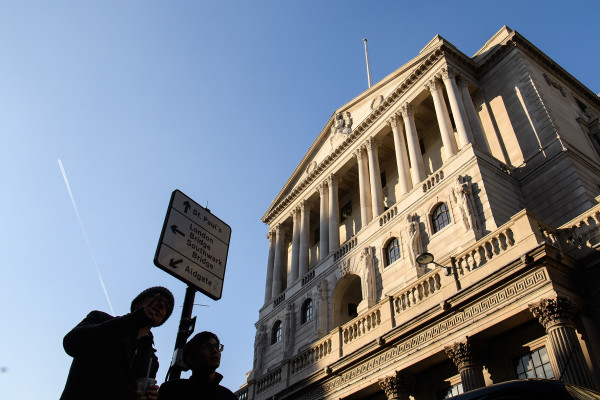Aviva Investors’ Chris Higham has had to adopt a more cautious stance on his Higher Income Plus portfolio in the face of reflationary pressures from economic growth, the rise in the price of oil and expectations of fiscal expansion.
The fixed income manager has shifted his £410m fund to this defensive position in an attempt to mitigate the effects of the current short-term reflationary trend. But he still sees the long-term trend as being deflationary.
Mr Higham has reduced exposure to interest rate risk, with the fund’s duration now standing at around 5.5 years, shorter than the 6 years of his benchmark – which is a composite index of UK corporate bonds, European high-yield bonds and emerging market hard currency debt.
Alongside duration, the manager also reduced credit risk as he did not expect any short-term expansion of the Bank of England’s (BoE) quantitative easing programme, following its latest inflation report.
In the report, the BoE’s Monetary Policy Committee predicted UK inflation would reach 2.8 per cent in the first half of 2017, surpassing the central bank’s long-term target of 2 per cent.
Mr Higham said this suggested the BoE (pictured) would not extend the increased quantitative easing and corporate bond-purchase programme it initiated in the aftermath of the Brexit vote in 2016.
“Our base case is that we are not likely to see an extension of the programme because the economy is performing better than expected,” he said.
“It is difficult to gauge the consequences of tapering on [bond] prices. I think it is unlikely to be positive news,” he added, explaining his decision to cut back on credit risk.
He suggested this meant the backdrop for credit was less compelling than three to six months ago – additionally, fixed income has performed well in the intervening period, meaning valuations have become even worse.
Yet despite this defensive tactical shift, Mr Higham said his central expectation was that bond yields would stay low, and therefore prices would remain high “for a significant period of time”.
This comes in spite of warnings from some market commentators that 2016 marked the bursting of the bond bubble.
But the structural drivers behind low bond yields, such as demographic trends, high indebtedness and inequality had not changed and would continue to keep yields low, the manager said.
“Long term the picture has not changed. We need yields to stay low to work through a lot of these issues, especially indebtedness,” Mr Higham noted.
As a consequence of these trends, and in spite of his view on the BoE’s corporate bond buying programme, Mr Higham said he expected “more rather than less intervention by central banks” in the future, which should also maintain the status quo.

